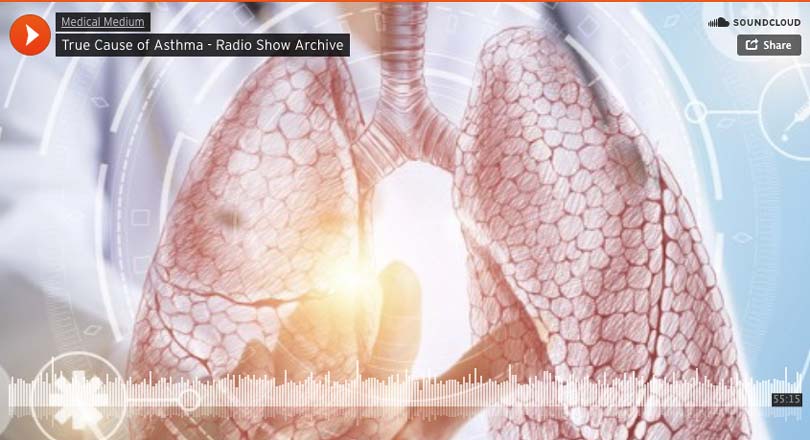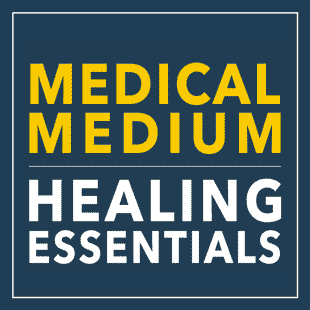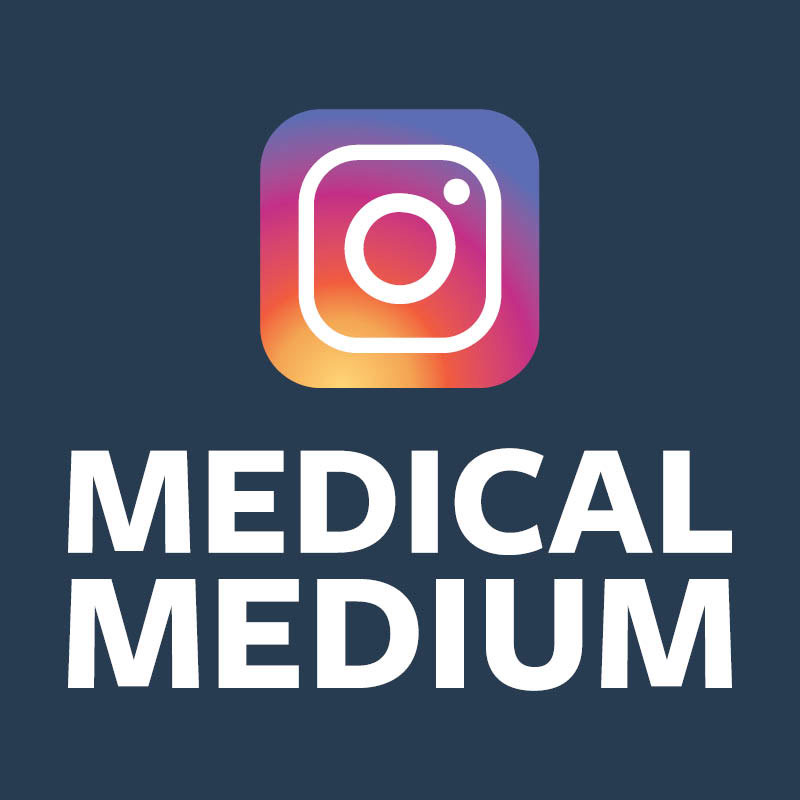Watch: True Cause of Asthma

True Cause of Asthma
If you are reading this, chances are that you or someone you love is one of the many people plagued by asthma. No matter what age asthma hits—whether you are facing adult-onset asthma or caring for a young person with childhood asthma—living with asthma can be a constant struggle. After all, the quality of our breathing affects our quality of life in more ways than one. The good news? You can heal from asthma. Once you understand its true causes, which are unknown by medical science and research, you can move forward with improving and healing this condition.
What You Believe About Asthma Matters
In a way, asthma is similar to migraines in that you have to plan your life around both of these conditions. Before leaving the house, you may run through a checklist of questions: Will I be in an unfamiliar environment today? Did I pack my inhaler? Should I drive separately just in case? You may even question whether you are able to travel or experience new things. In short, nothing is simple when it comes to having a chronic illness, asthma included. Even if you find relief in knowing that your friends and family members have some awareness around asthma, or that there are millions of others who also struggle with it, this does not mean that asthma is normal or easy.
As you’ll discover below, there are a few major culprits responsible for the onset of asthma and once you know them and apply the healing steps I share here and in my books, you can at least improve or even rid asthma from your life. It’s not a life sentence you have to live with anymore, nor is your body or immune system attacking itself. For more on what I call the “autoimmune confusion,” why so many health conditions are incorrectly labeled autoimmune, and why this belief could be preventing you from healing, read the chapter on this topic in my book Thyroid Healing.
Different Types of Asthma
To start, it is important to note that there are different types of asthma, not just one as medical communities believe. These include neurological asthma, vagus nerve asthma and phrenic nerve asthma, toxic heavy metal exposure asthma, and asthma caused by underlying viral conditions such as Epstein-Barr. None of these types and causes of asthma are understood by medical science and research.
Viral, Toxic Heavy Metal Exposure and Neurological Asthma
Low grade viruses in the body can inflame the nerves and result in limited breathing. These breathing issues can leave doctors scratching their heads. A pulmonologist, for example, might not be sure of the cause of these symptoms, but will most likely assume one of two things: asthma or anxiety. Diagnosing patients that have breathing issues with anxiety is a common occurrence—and they can be linked due to the fact that asthmatic symptoms, including tightness of chest, are nerve related, but the cause of the nerve issues are still not understood. And, when the breath is limited, the adrenals start releasing a lot of adrenaline. For many people, this results in a trip to the emergency room where the ER doctor might think their symptoms are indicative of the flu, anxiety, or a panic attack. Or if an asthma diagnosis is given, patients are often told it’s an autoimmune condition or a genetic condition. This is another incorrect theory I address and explain in detail in Thyroid Healing. What’s really happening is that there is a low grade viral infection in the body. As I share in Thyroid Healing, there are stages a virus like Epstein-Barr virus, goes through and in the later stages, the viruses produce neurotoxins, which are poisons that disrupt nerve function. Medical communities haven’t yet discovered this truth so they are unable to give you the correct information about what’s behind your asthma, or any answer at all.
From a neurological perspective, when you think about asthma, it is essential to consider the vagus nerve, which runs from the brain into the neck and chest and controls the abdomen and the function of the lungs. Equally significant is the phrenic nerve, which runs through the neck into the chest on each side. Both the vagus and phrenic nerves can do funny things in the chest, especially when there is a viral issue developing. Neuro-asthma, for instance, is common among university students who are staying up late to study and party, and who are under real stress for the first time. What they are likely unaware of is a developing case of mononucleosis (caused by the Epstein-Barr virus which I address extensively in Thyroid Healing) and/or streptococcus that could have been brewing for years, and which is triggered under stressful conditions. For more detailed information on streptococcus, check out my book Liver Rescue. Medical science and research don’t yet know that when a virus is present in the system, neurotoxins are released from the liver, float around in the body, and inevitably touch the vagus and phrenic nerves causing inflammation and irritation in the chest—two of the symptoms of neuro-asthma. Viruses are behind a countless number of chronic mystery illnesses. Asthma is no exception.
Another cause of neuro-asthma is toxic heavy metals, which feed viruses that then excrete the neurotoxins that inflame the phrenic and vagus nerves that are affected in cases of asthma. Both children and adults can be exposed to toxic heavy metals easily. Doing the Medical Medium heavy metal detox protocol is extremely important for anyone with asthma. Emotional stress and hardships can also be a trigger to underlying viral or bacterial conditions or lead to the release of excess adrenaline, all of which can lead to the onset of asthma. Emotional neuro-asthma can present with similar symptoms to other brain related asthmas. For any of these types of asthmas, inhalers are often prescribed. While inhalers can ease someone’s symptoms because steroids calm the nerves, they don’t address the root cause and are not a cure.
Environmental irritants can also play a role in asthma. Separate from these different neuro-asthmas is inflamed bronchial asthma.
Inflamed Bronchial Asthma
When irritants are inhaled into the lungs they can trigger the inflammation of the lungs and bronchial passageways. These triggers—i.e. dust, dirt, asbestos, etc.—can be hard to avoid, especially if you are in a line of work such as woodworking, home construction, or engineering. In these environments, the bronchial tubes can become hypersensitive. Inhalers can help ease symptoms temporarily, but if you are suffering from chronic asthma and use your inhaler a lot, you may become immune to the steroids at some point.
So what exactly causes inflammation? When contaminants enter the lungs and the body cannot expel them easily or quickly enough, they cling to the bronchial walls causing irritation. In this case, these contaminants sit on the mucus lining of the bronchial tubes, shifting back and forth as you breathe and your lungs expand and contract. What this means is that these contaminants are essentially acting like sandpaper. As they collect over time, they get stuck in the mucus lining, causing the bronchial tubes to become increasingly irritated. But environmental irritants are not solely to blame. Mucus plays a key role in the inflammation of the lungs and the weakening of the immune system.
The Truth About Mucus
Mucus exists in everyone’s body. At its best, mucus is a protective mechanism. We need to have healthy mucus in order to have a healthy immune system. The throat is an excellent example of this. A thin lining of mucus coats your throat so that you don’t get a sore throat when you speak all day. However, there are places mucus should not be: the liver, the lymphatic system, the bloodstream, or our internal organs. Very simply, our bodies cannot get rid of the contaminants in healthy mucus if we have a build-up of mucus where it does not belong. Why? Excess mucus becomes hardened and putrefied. This keeps whatever irritants that are in your lungs from leaving the body. Unlike this unhealthy mucus build-up, healthy mucus produced when you have a cold is the body’s way of fighting a virus. Healthy mucus allows the body to locate the virus and destroy it. So what causes this excess of mucus anyway? The answer: what you eat. If your diet is loaded with mucus producing foods, the healthy mucus can’t do its job to rid contaminants from the lungs. The body needs to be in good standing to use mucus effectively. Too much mucus increases inflammation, which only prolongs and intensifies breathing troubles and other asthmatic symptoms.
Foods To Avoid
The first step to clearing mucus from the body is eliminating dairy products, including milk, kefir, butter, cream, and cheese. If you are vegan or plant-based, this includes non-dairy cheeses, too, because soy is a mucus producing food and nut and seed based cheeses are typically very high in fat or fermented, which is hard on the liver as I explain in Liver Rescue. Eggs are another food that’s critical to avoid because they feed viruses in the body. As you now know, underlying viruses can cause and worsen asthma. Whether you are dealing with viral, neuro or bronchial asthma, eliminating eggs will help you lower the amount of mucus, and therefore the amount of inflammation, in your body. Additionally, removing canola oil, soy, and pork will also start you on the path to healing. The fat content in each of these foods keep mucus from leaving the body in a natural, speedy manner. It’s for this same reason that it’s helpful to reduce the fat content in your diet in general if you’re wanting to heal from asthma. If you eat a plant based diet, lower the oils, seeds, and nuts in your diet by 50%. If you eat animal products, which are inherently high in fat, aim to only have them once a day at most or ideally two to three times a week at most while healing. If you’d like to heal asthma as quickly and easily as possible, it could be very helpful to consider a plant based diet until you are free from your symptoms. Grains are also best avoided when healing asthma, although a small amount of millet can be okay for some people. Learn more about grains and what’s good to eat and avoid in my show Truth About Grains. Similarly, try not to eat too many beans while healing from asthma. A little bit of chickpeas, hummus, and the occasional serving of lentils can be ok for some.
What foods can you incorporate more of into your diet? While you shouldn’t overindulge on nuts or fats, a little bit of hemp seeds and walnuts are beneficial for healing, along with some avocado. A larger focus should be placed on seeds than nuts, including pumpkin or sunflower. Do eat plenty of fruits and potatoes, including sweet potatoes, as well as different varieties of squash (summer, kabocha, spaghetti, etc.). Eating lots of raw veggies, leafy greens like spinach, and salads will also help mucus find its way out of the body by pushing it out of the liver and intestinal tract and through the body’s lymphatic channels. Another healing food to add to your shopping list: ginger. Regardless of the type of asthma you are struggling with, ginger will help boost your immune system, provide you with plenty of brain-friendly antioxidants, and reduce inflammation. And the most important food group of all is fresh fruit. Don’t be misled by anyone suggesting fruit is too high in sugar or should be avoided if you’re unwell. This is harmful misinformation. In truth, fruit is the most important food for healing any chronic illness, including asthma. To find out more about why fruit is so important for you and yet why it’s common today to hear it should be avoided, listen to my radio show and read my article on Fruit Fear.
The Medical Medium 28 Day Cleanse that I share in my book, Medical Medium, is a wonderful way to jump-start your healing and fight asthma, too. You can choose to do the cleanse for one to three months (or much longer if you wish). Also consider bringing in the highly-beneficial (and delicious) Heavy Metal Detox Smoothie, which is the only truly effective way to rid toxic metals completely from the body. Drink this smoothie daily for as long as possible.
Some helpful supplements to consider include B12 with adenosylcobalamin and methylcobalamin, vitamin C as Micro-C, NAC, and a bit of MSM. Nettle leaf, lemon balm, and some zinc sulfate are also helpful. The key here is not to load up on too many supplements too quickly, but to focus first on cleaning up your diet by removing the Foods To Avoid, adding in a lot more healing fruits, leafy greens, and vegetables, and then slowly bringing in some supplements.
Moving Forward
It is possible to heal and to no longer need your inhaler. Healing foods that don’t produce mucus and in fact reduce and eliminate it are the place to start—and the key is consistency. Also be sure to avoid environmental irritants such as artificial fragrances like cologne and perfume whenever possible. These fragrances area a trigger to asthma and all other chronic illnesses. This also includes air fresheners, scented candles, dryer sheets, industrial cleaning products, aerosols, and harsh detergents to name a few. If you are required to be around these items for work or any other reason, protect yourself with a safety mask if possible. Last, but never least, drink your celery juice! Celery juice does wonders for calming and healing the nerves and starves pathogens that produce the neurotoxins responsible for so many chronic illnesses. As with any illness, healing takes time, but now that you finally know the truth about the causes of asthma and the foods you can eat to decrease mucus production, starve pathogens and heal the nerves inflamed in your body, you are one step closer to experiencing the freedom that comes with always being able to take deep full breaths. You deserve nothing less.
Learn more about how to heal and restore your body in the New York Times bestselling book Medical Medium: Secrets Behind Chronic & Mystery Illness and How to Finally Heal
This item posted: 02-Aug-2018
The information provided on this Site is for general informational purposes only, to include blog postings and any linked material. The information is not intended to be a substitute for professional health or medical advice or treatment, nor should it be relied upon for the diagnosis, prevention, or treatment of any health consideration. Consult with a licensed health care practitioner before altering or discontinuing any medications, treatment or care, or starting any diet, exercise or supplementation program. Neither Anthony William nor Anthony William, Inc. (AWI) is a licensed medical doctor or other formally licensed health care practitioner or provider. The content of this blog and any linked material does not necessarily reflect the opinions of Anthony William, AWI or the principal author, and is not guaranteed to be correct, complete, or up to date.
Thanks for printing this post. For more, visit www.medicalmedium.com


